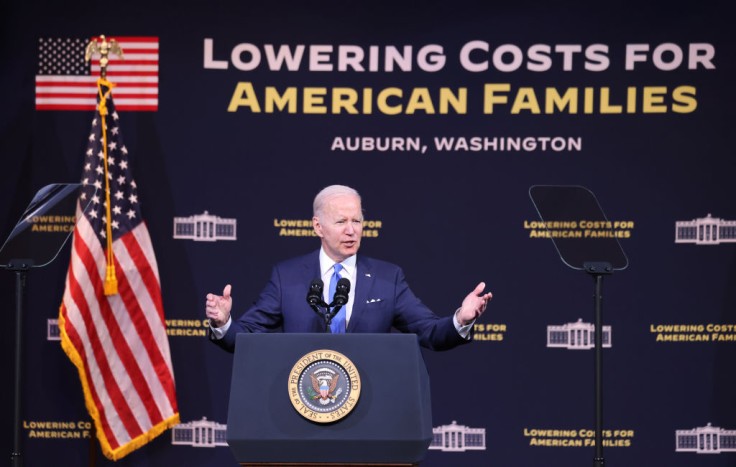
Childcare providers across the United States are planning to hold protests and shutdowns on Monday, May 9, to remind state and federal lawmakers that they desperately need assistance from the government.
Officials from Community Change told HuffPost that nearly 300 providers from 25 states have already signed up to be part of what the group is calling "A Day Without Child Care: National Day of Action."
Several participating providers in the progressive grassroots group talked about their plights in a conference call on Thursday, May 5. They shared the difficulties of trying to stay in the childcare business at a time when they can't pay enough to attract and keep their workers.
Families of child care providers are out of options now
BriTanya Bays, a childcare provider from West Texas, said that they could no longer afford to wait. Bays will be closing her doors on Monday and help to lead a march at the Texas state capitol in Austin.
Bays added that their families are out of options right now. She said that it feels like they all know that childcare is essential, but it is time for the world to feel what it is like to go a day without childcare and prevent that from becoming a permanent reality.
The group's demonstrations will come at a time when the prospects of enacting a major new federal initiative on childcare look slim. U.S. President Joe Biden and the Democratic leaders in Congress wanted to enact one as part of their "Build Back Better" legislation, but the bill hit a roadblock after Republicans refused to support it and Democratic senator Joe Manchin of West Virginia objected to its overall size and structure.
Manchin, whose constituents in West Virginia are dealing with the same problems in childcare as other Americans, has said he remains interested in passing a narrower piece of the "Build Back Better" legislation, but that effort has also stalled in Congress, according to NBC News.
The U.S. does not treat childcare as a public good
Childcare providers vented their frustrations about the whole situation during the news conference, saying that Congress has let them down time and time again. Problems of child care in America have been festering for decades now. They did not get much attention from Washington, though, especially among the men who were placed in power.
The United States, unlike most of its peer nations, does not treat childcare as a public good or guarantee access to families who need it. Instead, the expectation is that working parents will find a way to pay for childcare mainly on their own expense, with limited local government, federal, or state assistance available only in some instances. That is only possible as well for some people.
Workers, mostly women and women of color have a hard time surviving on their meager paychecks. According to the Center for the Study of Child Care Employment at the University of California-Berkeley, more than half were on some form of public assistance as of 2018.